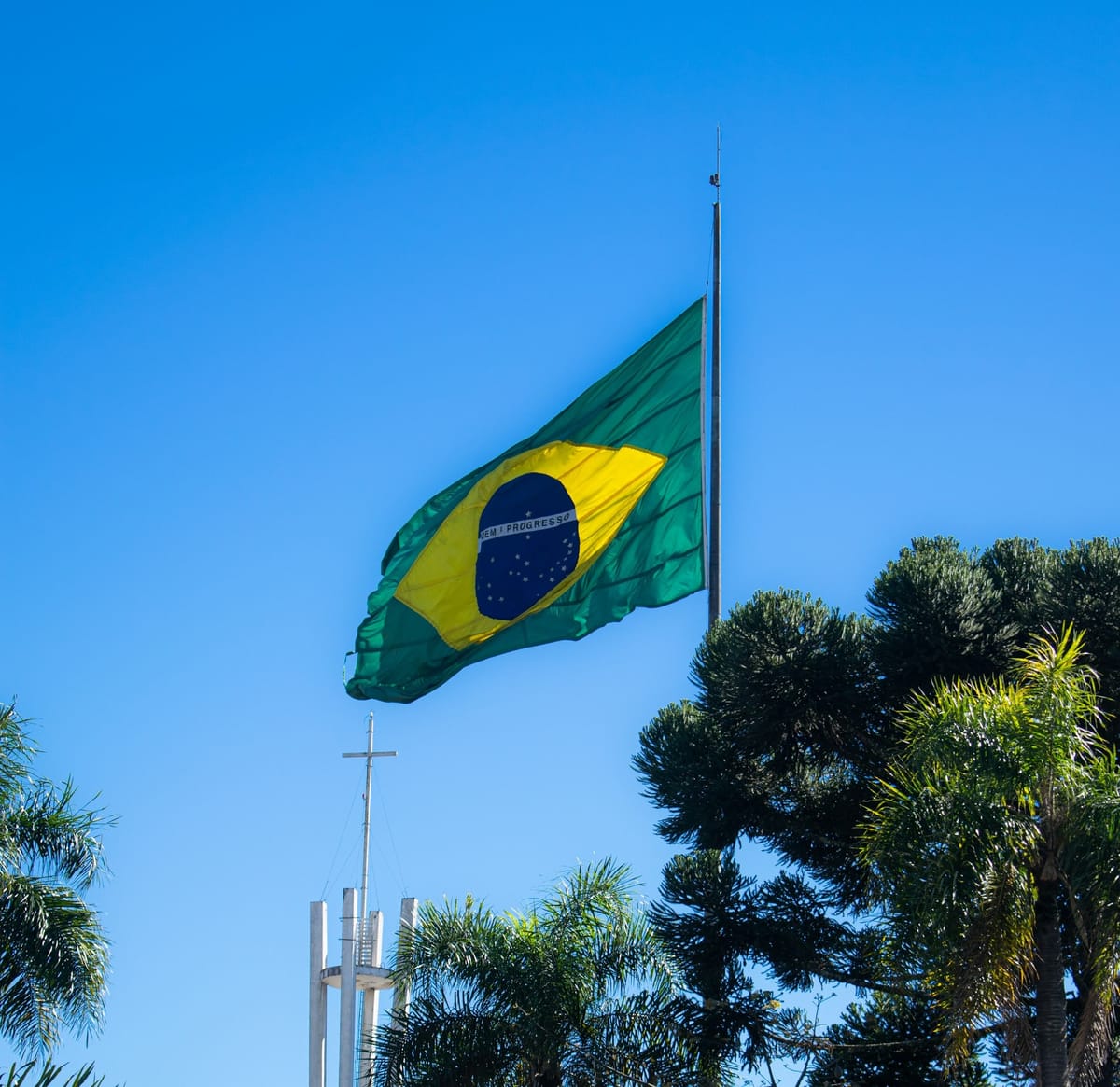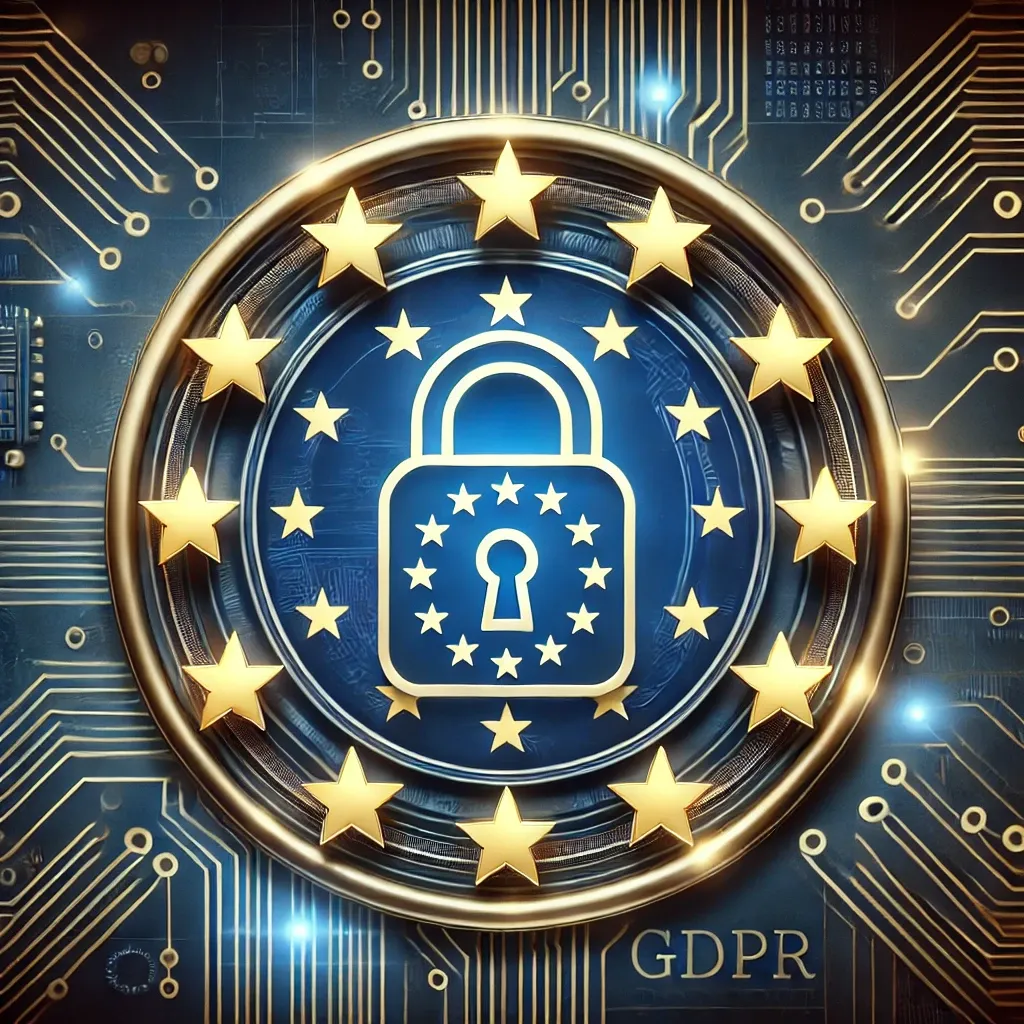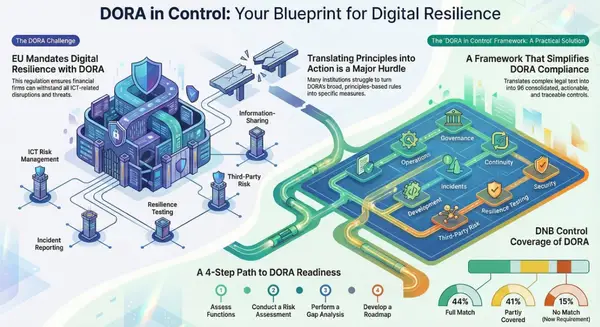Understanding LGPD: Brazil's Comprehensive Data Protection Framework

The Lei Geral de Proteção de Dados (LGPD) is Brazil's comprehensive data protection law, designed to safeguard individual privacy rights and regulate the processing of personal data. Since its implementation in August 2020, the LGPD has significantly impacted how organizations handle personal information, aligning Brazil with global data protection standards.

Key Developments and Impact
Establishment of the ANPD
The creation of the Autoridade Nacional de Proteção de Dados (ANPD) marked a crucial milestone in LGPD enforcement. The ANPD has been instrumental in:
- Providing regulatory guidance
- Enforcing compliance
- Imposing sanctions for violations
Enhanced Data Subject Rights
Brazilian citizens have increasingly exercised their rights under the LGPD, including:
- Access to personal data
- Correction of inaccuracies
- Deletion of unnecessary information
- Data portability
Organizations must now have robust processes to handle these requests promptly[1].

Compliance Challenges and Adaptations
Many companies have faced challenges in adapting to LGPD requirements:
- Implementing comprehensive data mapping
- Appointing Data Protection Officers (DPOs)
- Conducting Data Protection Impact Assessments (DPIAs)
- Ensuring secure international data transfers
Penalties and Enforcement
The ANPD began actively enforcing fines in August 2021. Penalties for non-compliance include:
- Fines up to 2% of a company's annual revenue in Brazil, capped at 50 million BRL per violation
- Public warnings
- Partial or total suspension of data processing activities[14][20]

Recent Developments and Future Outlook
Amendments and Clarifications
In 2024, several amendments were introduced to enhance data protection and align with international standards:
- Stricter requirements for reporting data breaches
- Enhanced enforcement powers for the ANPD
- More stringent penalties for non-compliance[25]
Focus on Specific Sectors
The ANPD has shown increased attention to certain areas:
- Processing of children's and teenagers' data
- Biometric data handling
- Cross-border data transfers[28][29]
International Data Transfers
New regulations on international data transfers have been issued, including:
- Approval of Standard Contractual Clauses (SCCs) for data transfers outside Brazil
- Guidelines for ensuring adequate protection in recipient countries[29]
Best Practices for LGPD Compliance
To ensure ongoing compliance with the LGPD, organizations should:
- Conduct regular data protection impact assessments
- Implement and maintain robust data governance programs
- Provide continuous training for employees on data protection practices
- Regularly update privacy policies and data processing agreements
- Establish clear procedures for handling data subject requests
- Implement strong security measures to protect personal data
- Stay informed about ANPD guidelines and regulatory updates[35][39]
Key Provisions of the LGPD
Much like the GDPR, the LGPD is based on a set of principles that businesses must adhere to when processing personal data. These include:
- Purpose: Personal data must be processed for legitimate, specific, and explicit purposes that have been informed to the data subject.
- Adequacy: The data processed must be compatible with the purposes informed to the data subject.
- Necessity: The processing of data must be limited to the minimum necessary to fulfill its purpose.
- Free Access: Data subjects have the right to easy and free access to the data that a business holds about them.
- Data Quality: Businesses must ensure the accuracy, clarity, relevance, and currency of the data they process.
- Transparency: Businesses must provide clear, accurate, and easily accessible information about their data processing activities.
- Security: Businesses must use technical and administrative measures to protect personal data from unauthorized access and accidental or unlawful destruction, loss, alteration, communication, or distribution.
- Prevention: Businesses must adopt measures to prevent damage due to the processing of personal data.
- Non-discrimination: Businesses cannot carry out data processing for unlawful or discriminatory purposes.
- Accountability: Businesses must demonstrate their ability to comply with these principles and the rules of the LGPD.

Rights of Data Subjects under the LGPD
The LGPD grants several rights to data subjects, including the right to access their data, correct inaccuracies, anonymize, block or delete unnecessary or excessive data, port their data to another service or product provider, delete their data processed with their consent, obtain information about public and private entities with which the business has shared their data, and obtain information about the possibility of denying consent and the consequences of such denial.
Compliance with the LGPD
To comply with the LGPD, businesses must appoint a Data Protection Officer (DPO), who will be responsible for receiving complaints and communications from data subjects, providing explanations and adopting measures, receiving communications from the national authority, and training the business staff in data protection.
Businesses must also implement data protection practices and governance programs, which should include, among other things, the adoption of data protection policies, the insertion of clauses in contracts and terms of use, and the adoption of standards of interoperability for portability.

Conclusion
The LGPD has significantly transformed Brazil's data protection landscape, bringing it in line with global standards. As enforcement continues to evolve, organizations must remain vigilant and adaptable to ensure ongoing compliance. The law not only protects individual privacy rights but also fosters trust in digital interactions, ultimately benefiting both consumers and businesses in the increasingly data-driven Brazilian economy.
For detailed guidance on LGPD compliance, organizations should consult with legal experts specializing in Brazilian data protection law and stay informed about the latest developments from the ANPD.
Citations:
[1] https://www.upguard.com/blog/lgpd
[2] https://www.manageengine.com/products/eventlog/compliance/lgpd.html
[3] https://tuvis.com/how-lgpd-can-impact-your-business/
[4] https://www.littler.com/publication-press/publication/brazil-data-protection-law-litigation-context-employment
[5] https://skyone.solutions/en/blog/lgpd-in-companies/
[6] https://blog.qualys.com/qualys-insights/2024/02/26/a-comprehensive-assessment-of-the-general-personal-data-protection-law-lgpd
[7] https://vidizmo.ai/blog/lgpd-compliance-guide
[8] https://www.interactsolutions.com/en/what-has-changed-after-6-years-of-lgpd/
[9] https://usercentrics.com/knowledge-hub/brazil-lgpd-general-data-protection-law-overview/
[10] https://mandatly.com/lgpd-compliance/lgpd-compliance-checklist-best-practices
[11] https://amplificadigital.com.br/en/blog/lgpd-lei-de-protecao-de-dados-e-o-impacto-nas-empresas/
[12] https://www.cookiebot.com/en/lgpd/
[13] https://captaincompliance.com/education/privacy-by-design-lgpd/
[14] https://bigid.com/blog/lgpd-in-effect/
[15] https://www.thirdandgrove.com/insights/lgpd-lei-geral-de-protecao-de-dados/
[16] https://www.informationpolicycentre.com/uploads/5/7/1/0/57104281/[en]_cipl-idp_lgpd_compliance_checklist.pdf
[17] https://auth0.com/blog/what-is-lgpd-a-business-guide-to-brazils-data-protection-law/
[18] https://www.dataguidance.com/resource/ultimate-guide-lgpd
[19] https://www.iubenda.com/en/help/26706-lgpd-guide
[20] https://termly.io/resources/articles/brazils-general-data-protection-law/
[21] https://business.safety.google/lgpd/
[22] https://bigid.com/blog/brazil-lgpd-compliance-guide/
[23] https://vidizmo.ai/blog/lgpd-compliance-guide
[24] https://matomo.org/blog/2023/08/lgpd/
[25] https://www.truendo.com/blog/navigating-brazils-lgpd-amendments-key-changes-and-implications-for-2024
[26] https://www.privacyworld.blog/2024/08/new-anpd-resolution-on-the-statute-of-data-protection-officers-in-brazil/
[27] https://mandatly.com/data-subject-rights/navigating-data-subject-access-requests-insights-from-case-studies
[28] https://www.mayerbrown.com/en/news/2024/09/copo-meio-cheio-ou-meio-vazio
[29] https://www.insideprivacy.com/data-transfers/brazil-issues-new-regulation-on-international-data-transfers/
[30] https://www.digitalguardian.com/compliance/LGPD
[31] https://iclg.com/practice-areas/data-protection-laws-and-regulations/brazil
[32] https://www.bloomberglaw.com/external/document/X2URMOOS000000/international-data-privacy-compliance-professional-perspective-d
[33] https://usercentrics.com/knowledge-hub/brazil-lgpd-general-data-protection-law-overview/
[34] https://www.deloitte.com/br/en/services/risk-advisory/perspectives/lgpd.html
[35] https://formiti.com/navigating-brazils-lgpd-law-compliance-strategies-for-organisations-in-2024/
[36] https://pmc.ncbi.nlm.nih.gov/articles/PMC9638239/
[37] https://www.interactsolutions.com/en/what-has-changed-after-6-years-of-lgpd/
[38] https://www.jonesday.com/en/insights/2024/09/brazil-amps-up-enforcement-of-data-protection-law
[39] https://www.onetrust.com/blog/the-ultimate-guide-to-lgpd-compliance/
[40] https://blog.qualys.com/qualys-insights/2024/02/26/a-comprehensive-assessment-of-the-general-personal-data-protection-law-lgpd










